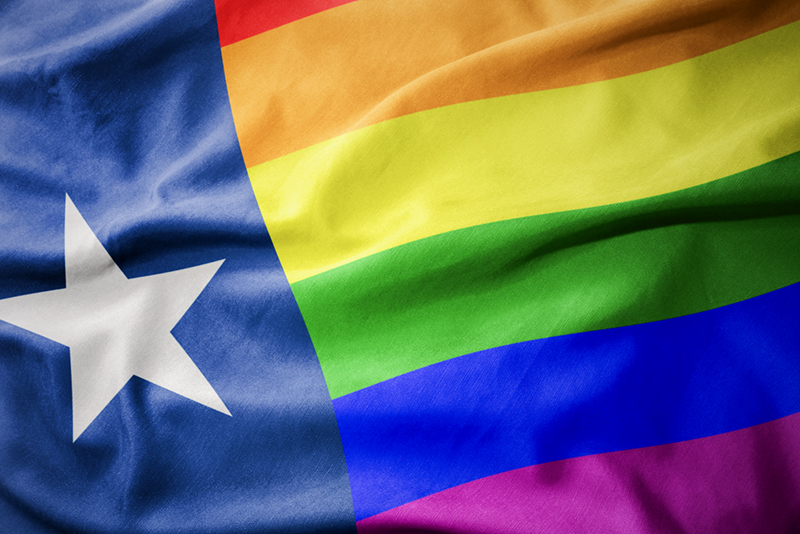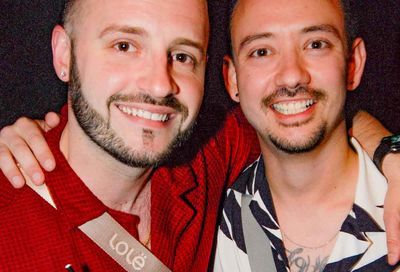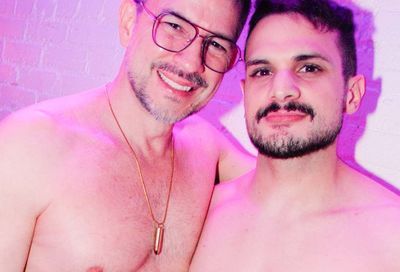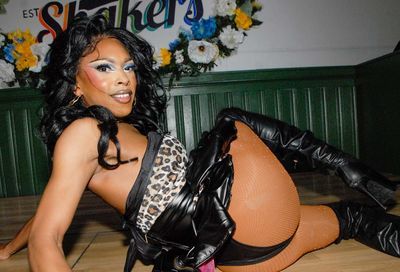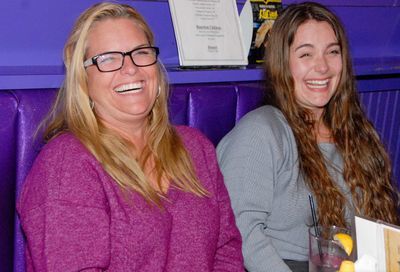Civics Lesson
Commentary: Stonewall Baby
What’s your trick for getting out of jury duty? I’d be very surprised if you don’t have at least one simple method to suggest. Last month, during my three weeks of jury duty, I heard plenty. Nearly every friend or acquaintance, upon learning that I was doing my civic duty, responded first with pity, then with a strategy sure to help me avoid any future service.
Tell the judge you’re a racist. Tell them you won’t get paid while serving as a juror. Tell them it’s against your religion to judge others. And so on, nearly ad infinitum.
To you all: You don’t know what you’re missing.
Since registering to vote, I’ve probably been called for jury duty four or five times; once in Tampa during college, the remainder here in the District. But I’d never been chosen to serve as a juror.
In Florida, the reason was obvious: The defendant faced a possible death sentence and when the judge asked the pool of about 100 people who opposed the death penalty, I raised my hand. This being Tampa, I can’t say I was surprised that only one other hand went up.
Here in D.C., I’d been dismissed and never knew why. This time around, I assumed the same thing would happen. As the judge and attorneys whittled down our gang of 50 to eight jurors, I admit I began to sweat. During the first day of selection, possibly half the jurors were dismissed. There was the lobbyist who had business in China. There were the people who wouldn’t be paid. There may have been illnesses, infants at home, anti-social attitudes, what have you. And as luck would have it, on Day Two, I was the final juror chosen.
We were immediately dismissed after the selection, on this second day, instructed to get our affairs in order and report back to court at 9:30 a.m. the next day. I had to craft my out-of-office auto responder, strategize with the bosses, etc. It felt similar to preparing for a weeks-long overseas trip. The similarities continued with the trial in that it was something of a ”voyage of discovery.” (Legalese pun intended.)
We eight were a fairly legitimate representation of the District, I would argue. While not a perfect demographic microcosm, we were not too shabby: three men, five women; five African Americans, three white; a variety of ages and income levels, it seemed. And at least one gay person, though I’d guess one other aside from me. And each impressively thoughtful in his or her dedication to the responsibilities of jurors.
We heard a civil case in which a former women’s basketball coach at Howard University was suing the school. She claimed that her termination trampled on some of her contractual rights. In the end, we eight agreed with her.
Throughout the trial, back in our little break room, it was fascinating to listen to my fellow jurors ponder what was presented in the courtroom. As we gelled into a little think tank, I found myself impressed on so many levels.
First, I gained a greater degree of civic pride. The judge, her clerk – who graciously brought us doughnuts one morning — and my fellow jurors all behaved with the sort of professionalism that one would hope for, but might not expect.
Though the debate regarding civil litigation is fierce, and though I’ve never had much of a thought about it one way or another, the system certainly appeared to be working in this case. And though one of my fellow jurors happened to utter the word ”faggot” in the course of some story she was telling, I was not bothered. It sounded more colloquial than insulting, and it also seemed she felt a little sheepish as soon as she said it, shooting a shy glance down to the gay end of the table. I was just grateful to spend time working with genuine people I would otherwise never know so well. For the most part, my life is gay all ’round. It was refreshing to get out of that ghetto for a bit. I was reminded of my roots when I’d spot one of our lawyerly boys running around, or the one guy I often see at Halo who was serving on a jury of his own.
After our three weeks together, despite our disparate backgrounds/personalities, we even bonded in some way. The trial was over and the court staff, including the judge, met with us to thank us and, courtesy of Juror No. 1, thank-you cards were passed out. Then, out in the plaza in front of the Moultrie Courthouse, as we eight prepared to part ways and go back to our lives, there was that sentimental moment. There was even hugging. And while I’ve got ample stockpiles of cynicism to tap whenever I sense insincerity, this was not one of those times.
So the next time you get your ”one day or one trial” summons, don’t come to me for any tricks on how to avoid serving (even if I’ve just been made privy to loads of them). All I’m going to do is congratulate you.
Will O’Bryan, Metro Weekly‘s managing editor, was born as the Stonewall Riots ended, making him a Stonewall Baby, he insists. He can be reached at wobryan@metroweekly.com
Support Metro Weekly’s Journalism
These are challenging times for news organizations. And yet it’s crucial we stay active and provide vital resources and information to both our local readers and the world. So won’t you please take a moment and consider supporting Metro Weekly with a membership? For as little as $5 a month, you can help ensure Metro Weekly magazine and MetroWeekly.com remain free, viable resources as we provide the best, most diverse, culturally-resonant LGBTQ coverage in both the D.C. region and around the world. Memberships come with exclusive perks and discounts, your own personal digital delivery of each week’s magazine (and an archive), access to our Member's Lounge when it launches this fall, and exclusive members-only items like Metro Weekly Membership Mugs and Tote Bags! Check out all our membership levels here and please join us today!



